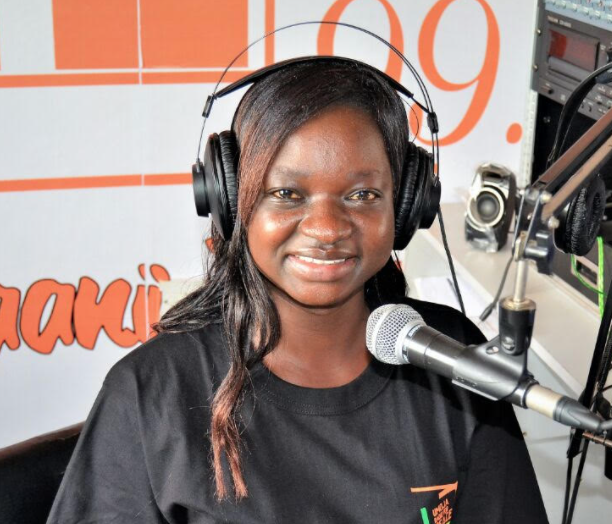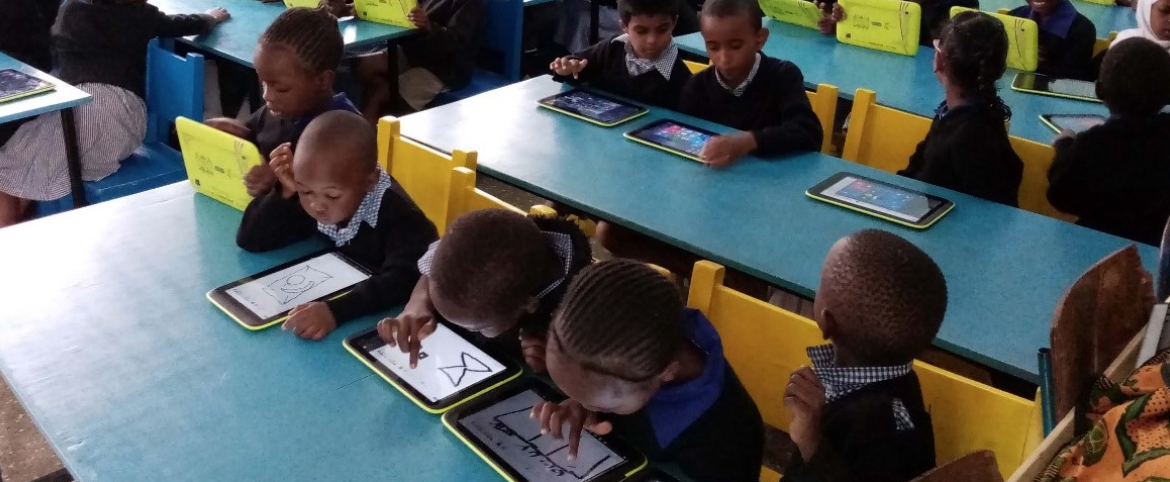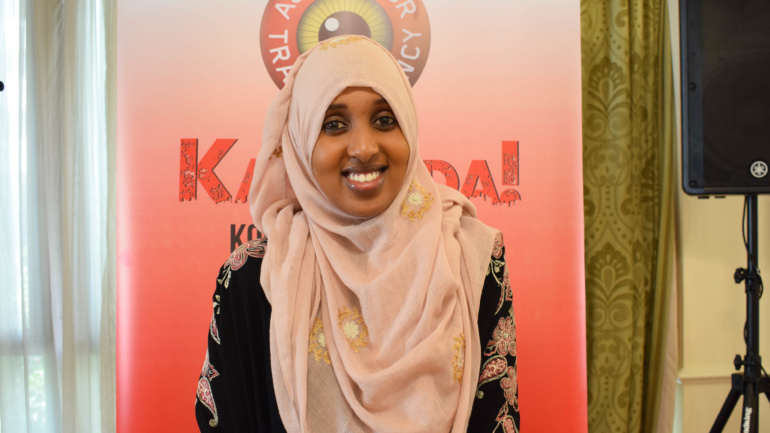Kenya was fast joining the clamour to integrate Information and Communication Technology (ICT) in education by empowering learners and teachers in schools, a call that had taken a centre stage in many countries. The initial phase targeted about 1.1 million pupils in Standard One in all the 23,000 primary schools..
Two years after President Uhuru Kenyatta made the promise, the children who expected to receive the learning devices had already moved to Standard Four. The project, with an initial budget of Sh24.6 billion, had weathered many storms, changed names from laptops project to the Digital Literacy Programme (DLP), and undergone numerous budgetary reviews as the government fumbled with its implementation. Tender cancellations and a protracted court battle also marred the project’s inception.
An investigative journalist, Tabitha Otieno digs further to expose the project that examined the status of the project that was a key item on the government and the contribution it has made as a mitigation factor in the education sector, following the suspension of school based learning due to COVID-19 outbreak. The investigative story looked into the budget allocated to this project and its’ status especially on mismanaged resources meant for this project.
The Kenya National Union of Teachers (KNUT), Secretary-General, Wilson Sossion, termed the famous school laptop project as a scam. He claimed the business flagship in the education sector was used to embezzle billions of shillings.
To read more about this expose, CLICK HERE
 Tabitha Otieno is an Education and Health journalist. She has over five years experience with background in radio and online media. She is a freelance investigative reporter.
Tabitha Otieno is an Education and Health journalist. She has over five years experience with background in radio and online media. She is a freelance investigative reporter.


